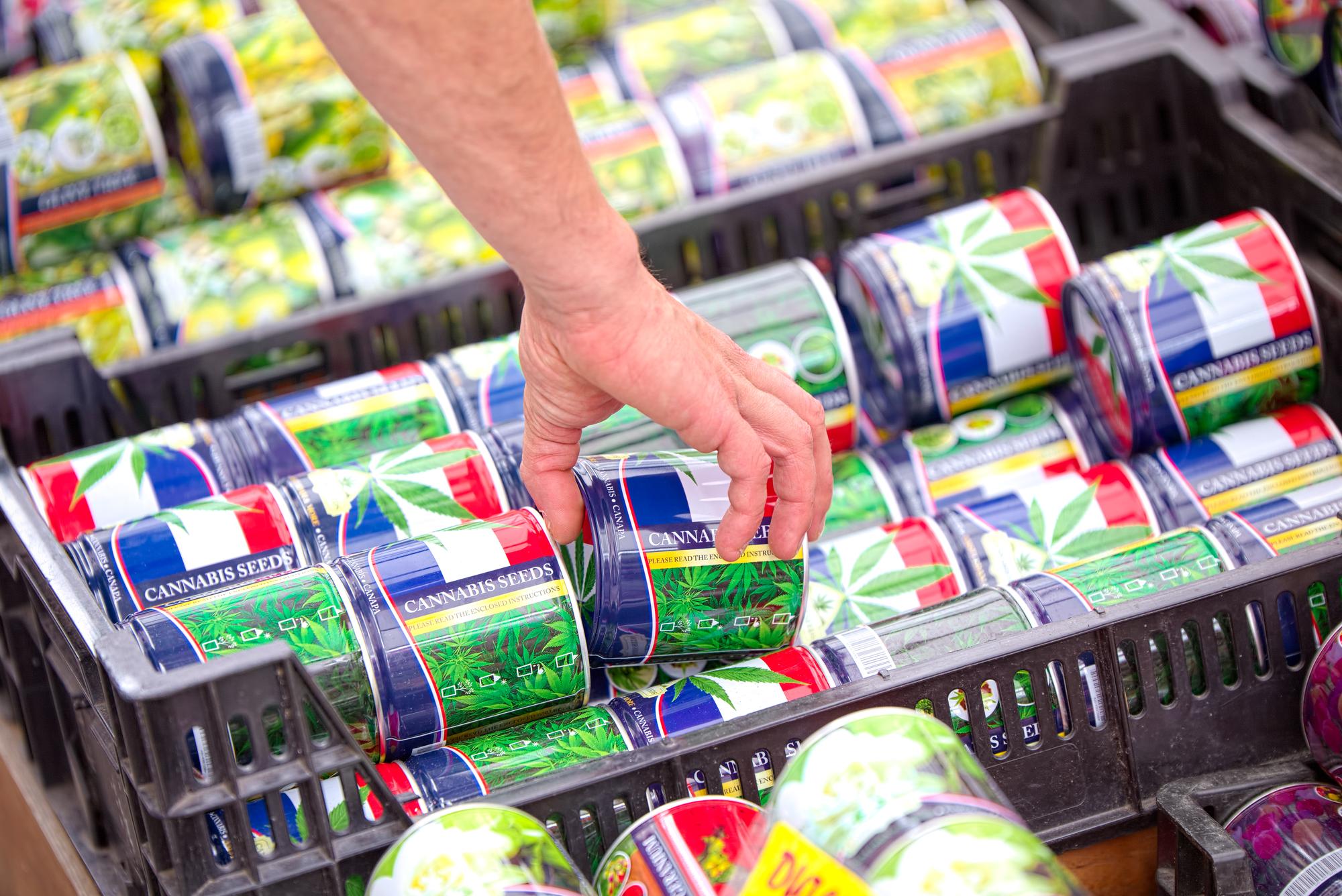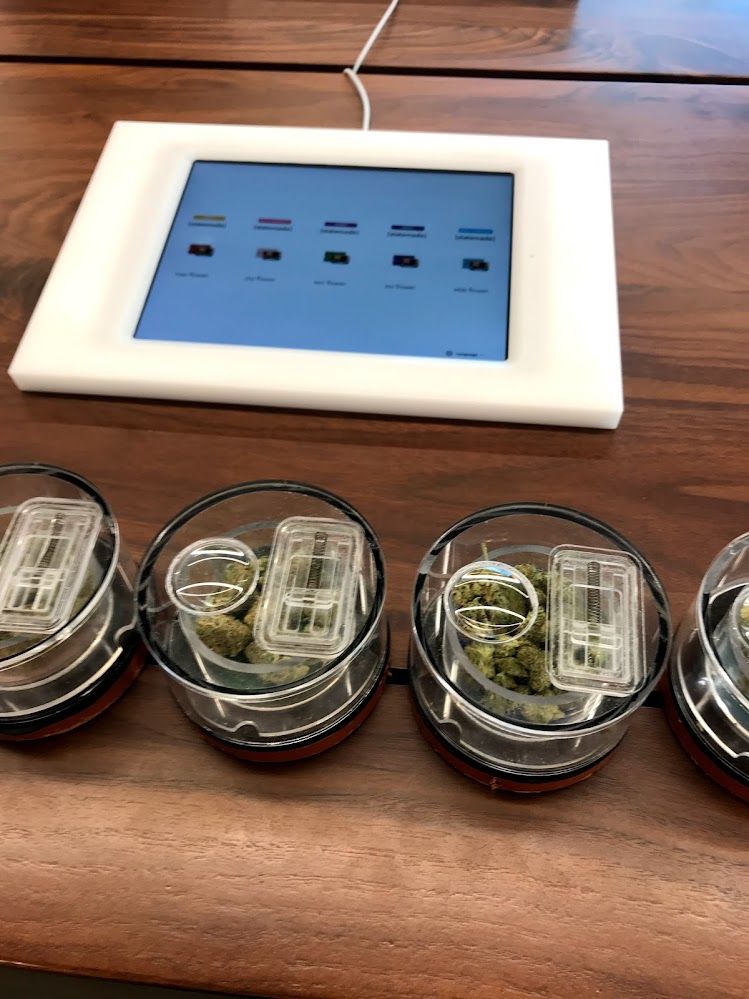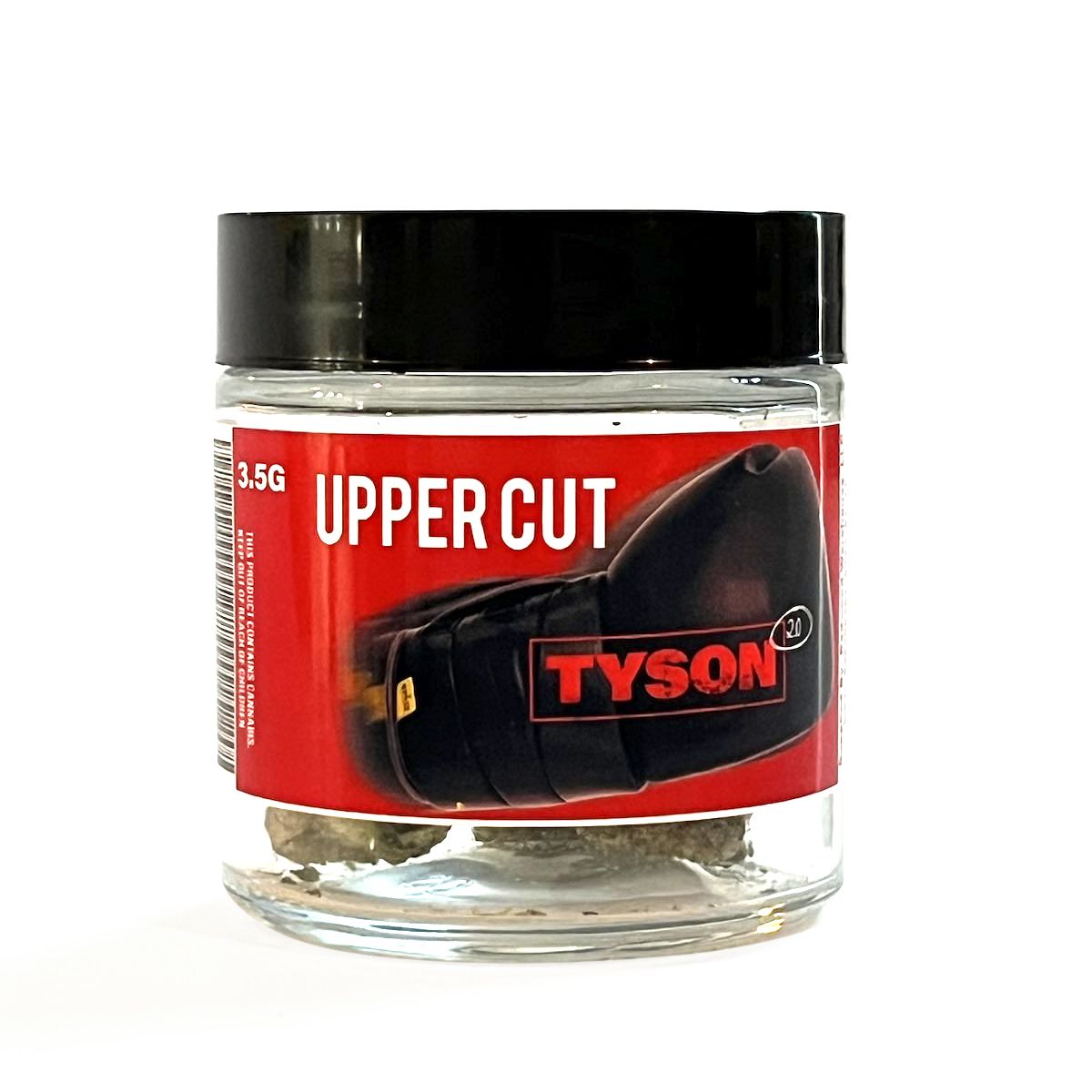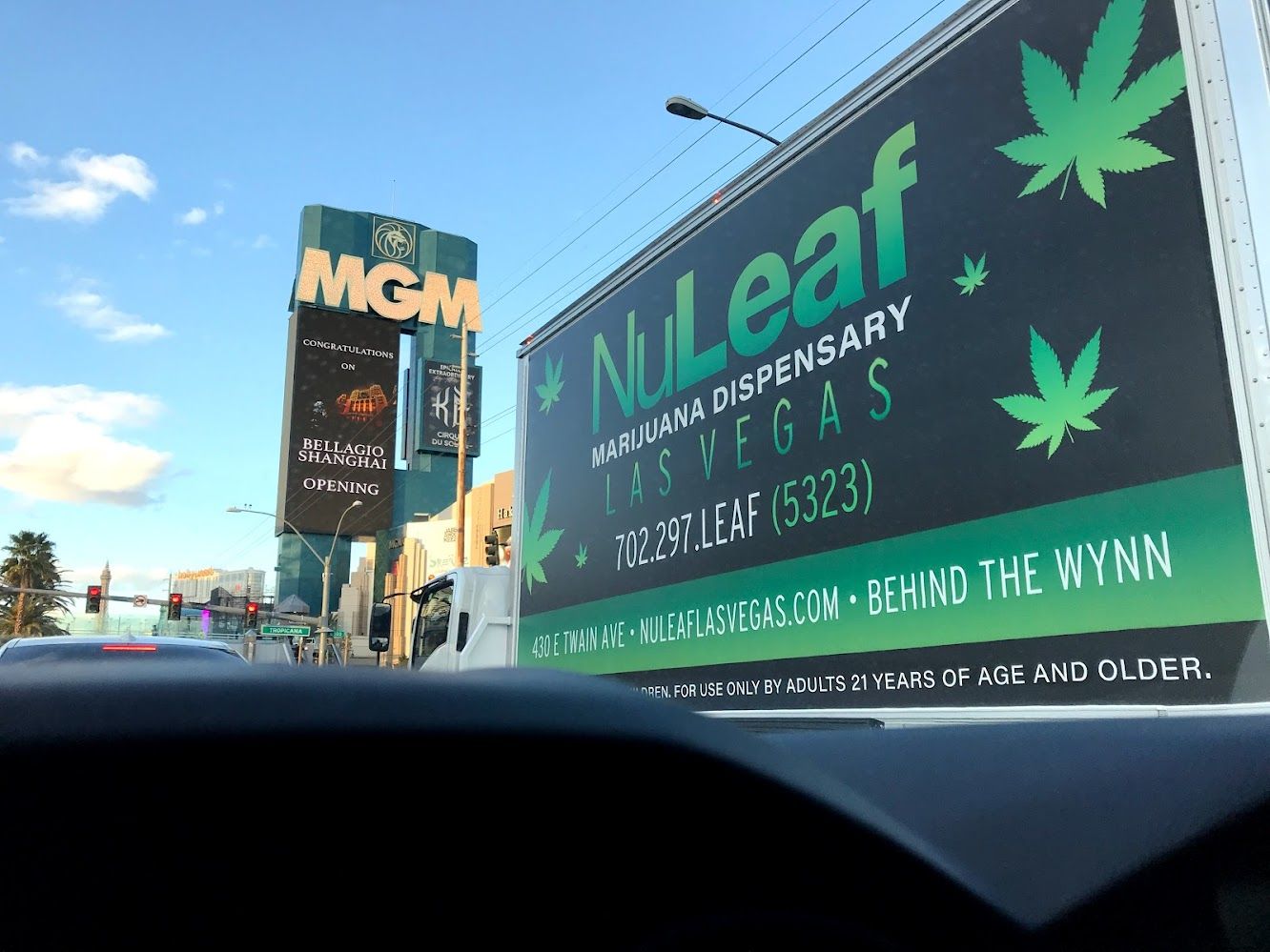
-
420, New Year’s, and Beyond: Seasonal Cannabis Trends in Nevada’s Market
Nevada’s cannabis industry has proven itself to be as dynamic as the state’s bustling tourism economy. Seasonal trends and major holidays like 4/20, New Year’s Eve, and festival weekends play…




